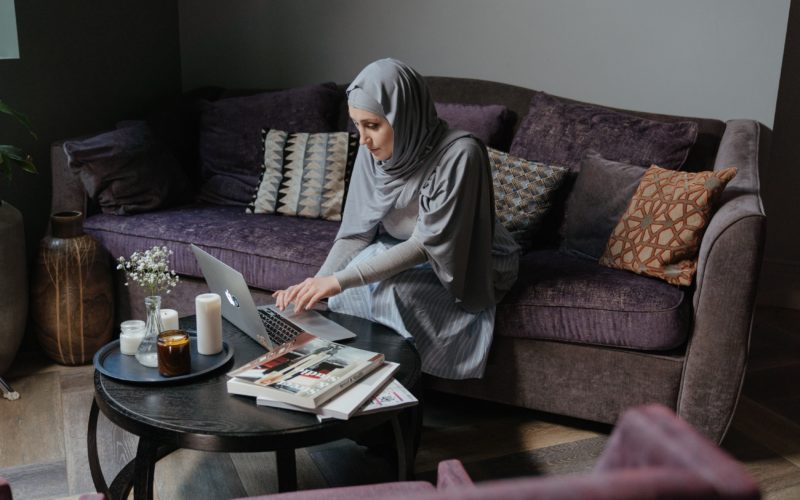Online Learning & the Demographic Change of Tutors

by Michelle Abban
“A truly great mentor is hard to find, difficult to part with, and impossible to forget.”
—Unknown
At Literacy Volunteers of Charlottesville/Albemarle (LVCA), we value and appreciate all of our tutor volunteers. Interestingly, however, between 2020 and 2021, 38 percent of our tutors at LCVA were under the age of 55—a seven percent increase from the previous year. And while we still experienced a significant number of older tutors, the demographic shift correlated with the move to online tutor training. In other words, we discovered that by moving our operations to the remote environment, younger tutors were more likely to now opt-in. We found ourselves with the task of making our tutor training inclusive for all ages and experience levels so that we could retain our older tutors while bringing in new, younger people. Here is what we did and how our efforts were received.
Familiarize
By having tutor training on Zoom, providing access to multiple online resources, and specifically pairing people to practice using Zoom, we had every tutor work on their online skills before meeting with a student remotely. By the end of training, tutors felt more confident to then meet with a student online. The format of the tutor training consisted of three Zoom sessions for two hours each. By training on Zoom, participants practiced the basic skills of opening a link, controlling the camera and the microphone, and typing in the chat function. The participants saw how the shared screen looked as the LVCA staff presented during each session.
Activity
At the end of the second session of training, the participants paired up to go through tutor technology for 10-20 minutes sometime during the week. Usually, people with more experience on Zoom matched with people who felt less experienced. During their time, the dyad practiced sending and opening a Zoom link, using the whiteboard attachment in Zoom to draw or to type, and using the “Share My Screen” feature to display study materials.
Debrief
During the last training session, participants shared about the practice experience and general tips and tricks to help their fellow trainees. The participants listened and asked questions so that they could learn from each other and learn new ideas.
As a hybrid tutoring model becomes a part of our daily educational lives, preparation for tutors looks different than in the past. By making technology more approachable, we continue to increase the diversity of people involved and experiences brought to our program which creates a healthy, meaningful community of tutors for our students. As participants feel assured in their abilities, they can better help their students as they make the transition online and learn how to use all the functions on Zoom
Don’t just take our word for it. Hear what the partner participants of the September 2021 New Tutor Training technology practice session have to say.
Partner 1
“I really enjoyed practicing on Zoom with my partner. I am quite familiar with Zoom having taught remotely full-time for well over a year. I was able to share the most important aspects of Zoom with my partner, and I think our meeting helped to increase not just her skill, but also her confidence. It also provided me with the opportunity to review the things I had used in my remote teaching but hadn’t used over the summer, so our session was helpful to me too.”
Partner 2
“I was super glad to be able to practice with my partner! She really helped me be less worried about online teaching. I had used Zoom before, but I had never set up a meeting. Also, I didn’t know how to screen share or use the “whiteboard” or how to type or draw on a shared screen. I will want to review how to set up Zoom before I actually do online tutoring, but after my partner helped me I was able to invite my niece and then my sister to Zoom with I may call on my partner again before I start tutoring.”
 Michelle Abban is the Volunteer Engagement Coordinator for Literacy Volunteers Charlottesville/ Albemarle (LVCA). Before working at LVCA, she volunteered for the English Language Learning program while at the University of Virginia (UVA). She graduated from UVA with a degree in global public health in 2020.
Michelle Abban is the Volunteer Engagement Coordinator for Literacy Volunteers Charlottesville/ Albemarle (LVCA). Before working at LVCA, she volunteered for the English Language Learning program while at the University of Virginia (UVA). She graduated from UVA with a degree in global public health in 2020.